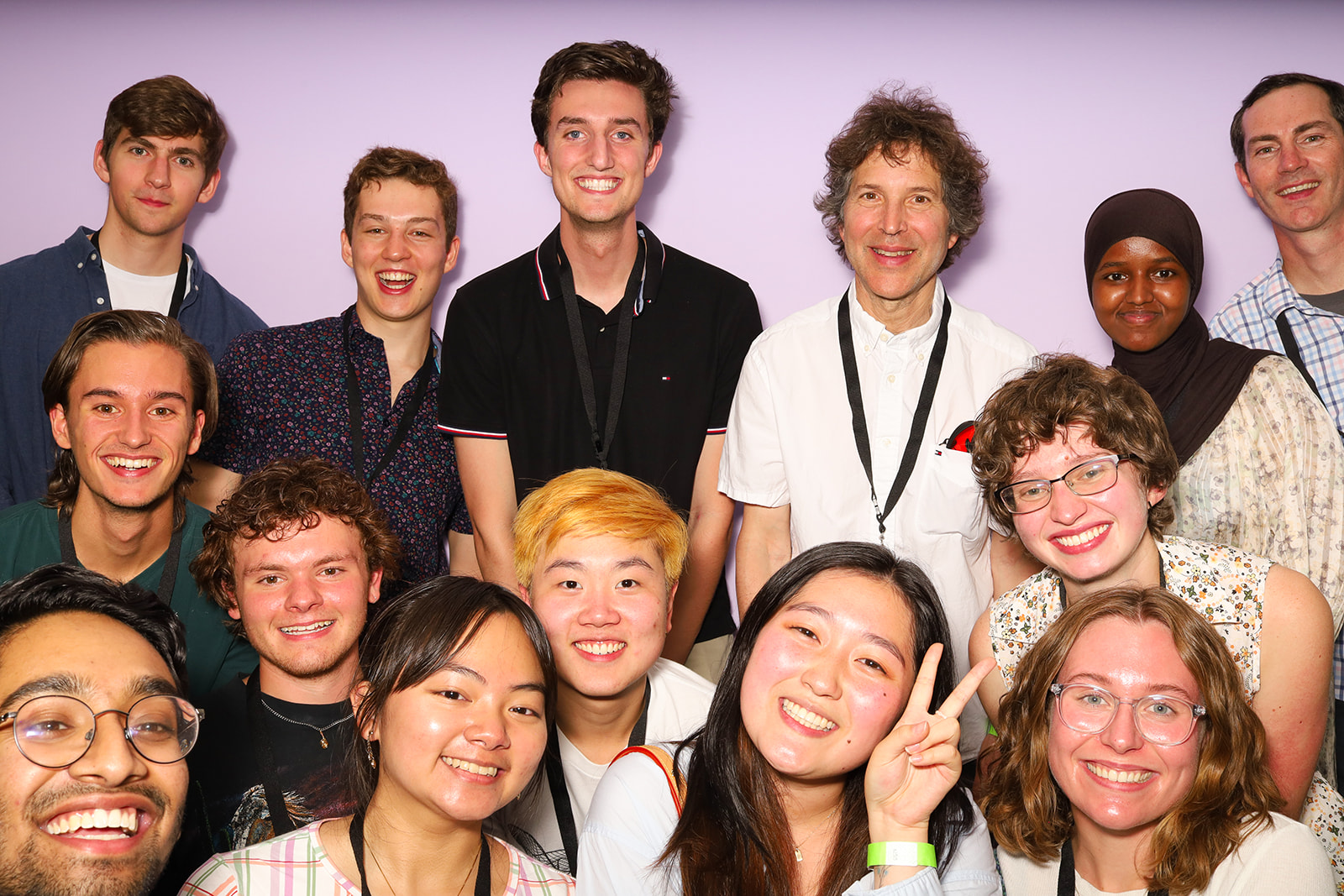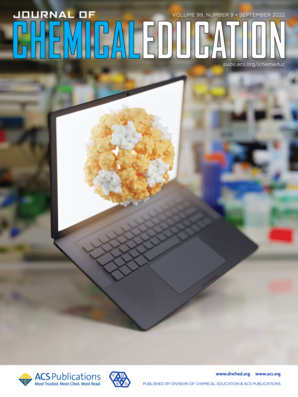Undergraduate Research at the IPD

This page was updated January 13, 2025
Summer Research Program (APPLICATIONS CLOSED)
Application Period: CLOSED
Program Period: June – August, 2025
Embark on a summer of discovery and innovation at the IPD – where science meets impact.
Explore the Frontiers of Protein Design
Located in Seattle, this paid research program offers a unique opportunity for students from around the world to delve into the world of computational and experimental protein design.
About Us
The Institute for Protein Design at the University of Washington is a world-leading research center focused on creating new proteins that solve modern challenges across medicine, technology, and sustainability. Here, interdisciplinary expertise converges — from computer science and biochemistry to clinical medicine and entrepreneurship. Current projects include the development of novel therapeutics for cancer, Alzheimer’s disease, and more, as well as new vaccines, nanomaterials, and enzymes. Explore our blog to learn the latest.
Undergraduate Summer Research Program
We look forward to supporting several undergraduate trainees in our 2025 Summer Research Program. Students from underrepresented communities are highly encouraged to apply. All participants will conduct research in an IPD Member Lab in Seattle.
Funding and Duration Timing
Selected undergraduates will receive a stipend of $3,200 per month for nine weeks of full-time research (40 hours per week), aligning with the UW summer term from June through August. Funds will be disbursed in equal installments over the internship period.
Expectations and Opportunities
Participants will:
- Collaborate with their assigned program mentor and others at the IPD to perform significant research projects.
- Enroll in a 2-credit course supported by the Institute for Protein Design
- Attend weekly seminars enhancing their research experience.
- Share their research findings both as a poster at a symposium and as a talk to the IPD.
Qualifications
We welcome applications from full-time undergraduate students, whether enrolled at the University of Washington or elsewhere. As our program is particularly suited for those completing their Sophomore or Junior year, we will prioritize applicants with an expected graduation date in 2026 or 2027. All applicants should demonstrate an interest in basic or applied research in protein design and must be at least 18 years old at the start of the program.
Important Dates and Deadlines
- Application Opens: Friday, November 8, 2024
- Application Deadline: Sunday January 12, 2025 at 11:59PM PST
- Program Notifications: Friday, January 31, 2025
- Decision Deadline: Thursday, February 6, 2025
- VISIT Application for International Candidates: Thursday February 13, 2025*
- Program Dates: June 23 – August 22, 2025
*Visa interview wait times vary. Even with advanced preparation, a timely visa appointment may be unavailable.
Please direct questions about this opportunity to ipdoffice@uw.edu.
International Students
International students are welcome to apply. If selected to participate in the program, you will need to provide proof of English proficiency. Do not complete this step until notified of selection for participation in the program. To satisfy this requirement you can submit a TOEFL, IELTS or Duolingo English Test (DET) score that meets the UW’s minimum English proficiency requirement.
FAQ
Q: Can I apply if I am not finishing my Sophomore or Junior year?
Yes, but we will be prioritizing applicants that are 1-2 years out from graduation.
Q: Can this be part-time?
No, this internship is meant to be an intensive research experience and requires approximately 40 hours per week of commitment for the entirety of the program.
Q: My reference letter has not been submitted by the deadline, can I still apply?
No, it is your responsibility to ensure your references are submitted by the deadline.
Q: Can you check if my reference was submitted?
No, you will need to log into your application and check.
Q: I am a community college student, am I eligible?
Yes, as long as you meet all the program requirements.
UW Research Program (APPLICATIONS CLOSED)
Undergraduate Research Program (JUPITER)
Application Period: CLOSED
When: Fall, Winter, and Spring Quarters
JUPITER is a cohort-based research training program that introduces University of Washington undergraduates to cutting-edge computational biology research.
JUPITER trainees will work together to design phosphorylation-inducible heterodimers.
- Trainees are expected to dedicate 15 hours per week for the duration of the program and be present at the IPD throughout the week.
- Trainees are expected to present at least once each quarter.
- JUPITER is not a formal for-credit course, but participation in the program can be used as credit for BIOC499 (details in application page).
- After completing the program, some students may continue at an advanced level, helping to mentor new incoming students.
Fall Quarter
We have previously written a computational pipeline to design light-inducible heterodimers via incorporation of photoswitchable non-canonical amino acids. JUPITER trainees will re-run this pipeline to design phosphorylation-inducible heterodimers.
Trainees will first mutate the peptide chains in a library of peptide-DHR heterodimers to incorporate multiple (up to 6) copies of phosphoserine/phosphothreonine/phosphotyrosine. They will then use ligandMPNN and Rosetta FastRelax to redesign the DHRs to bind the new target peptide sequences, before folding their designs and validating the structural similarity between the predicted and input model sequence using RoseTTAFold, AlphaFold2, AlphaFold3, and ChemNet.
Students will subsequently further improve the filtered designs output from this first design round by running PTM-aware partial diffusion (possibly a symmetry-aware version, if this is available), before repeating the steps of ligandMPNN, FastRelax, folding, and filtering performed in the first round of design.
All trainees will need to complete their designs by the end of Fall Quarter so that we can order E-blocks over winter break.
Winter Quater
JUPITER trainees will experimentally test their designs in the wet lab. The phosphorylated and non-phosphorylated sequences will be produced by solid-phase peptide synthesis. We will express the students’ designs via the JIT-SAPP pipeline, before screening for a difference in affinity between the phosphorylated and non-phosphorylated targets via ELISA assay. We will characterise binding affinities and kinetics of working designs via SPR and FP.
If we obtain hits from these initial designs, we will subsequently challenge the students to design phosphorylation-inducible heterodimers for peptides including the recognition sequence of phosphokinase A (PKA). We will take two design approaches, the first using the same design pipeline as above to redesign peptide-DHR heterodimers to incorporate the PKA recognition sequence, and the second using free PTM-aware diffusion to design protein binders towards this sequence.
However, if we do not obtain hits from these initial designs, we will re-run the pipeline above with changes (e.g. running PTM-aware diffusion to design binders for the phosphorylated peptides from scratch instead of redesigning existing backbone scaffolds) to try to increase our success rate.
Spring Quarter
We will complete the computational designs started in Winter Quarter. Designs will need to be ordered by the third week of the quarter so that we can characterize our designs using the same experiments as described above.
Qualifications
To be eligible for the JUPITER program, you must be a currently enrolled UW undergraduate and based on the Seattle campus for the duration of the program.
Application Instructions
To apply, submit the following:
- Resume
- Unofficial transcript
- Graphical abstract and one (1) page paper
Graphical Abstract Instructions:
Pick: one (1) research article from the list below:
- Design of stimulus-responsive two-state hinge proteins
- Accurate prediction of protein structures and interactions using a three-track neural network
- Robust deep learning–based protein sequence design using ProteinMPNN
- Design of protein-binding proteins from the target structure alone
- Designed protein logic to target cells with precise combinations of surface antigens
- De novo design of luciferases using deep learning
- De novo design of protein structure and function with RFdiffusion
- De Novo Design of Tyrosine and Serine Kinase Driven Protein Switches
- De novo design of modular peptide-binding proteins by superhelical matching
Design: a graphical abstract for the paper you chose.
Write: one page or less describing (1) the story you are trying to tell with your graphical abstract and (2) how and why you made the design choices that you did.
Here are some resources on writing a graphical abstract:
1. Balbin and Rosso (2021) How to design an effective graphical abstract: the ultimate guide
2. Jambor and Bornhäuser (2024) Ten simple rules for designing graphical abstracts
3. Cell Press (2024) Cell Press Graphical Abstract Guidelines
Here is a link to paper with an example of a graphical abstract. This paper is not included in the list of papers above.
All fully completed applications received by due date will be reviewed. No exceptions will be made.
This application will close on Sep 08, 2024 at 11:59 PM Eastern Time.
Compensation, Volunteer, or 499 Credit
Accepted candidates must either (i) register for BIOC 499 under Dr. Neil King as C/NC (Credit/No Credit) for two credits, (ii) receive a need-based stipend (as determined by UW’s Financial Aid Office; see below), or (iii) sign up as volunteers.
There are a limited number of need-based stipend awards available. Applicants will be able to indicate on their application if they wish to be considered to receive one of the available stipends.
* Interested in a paid lab position that does not include research? Look for Lab Support roles on our Employment page.

